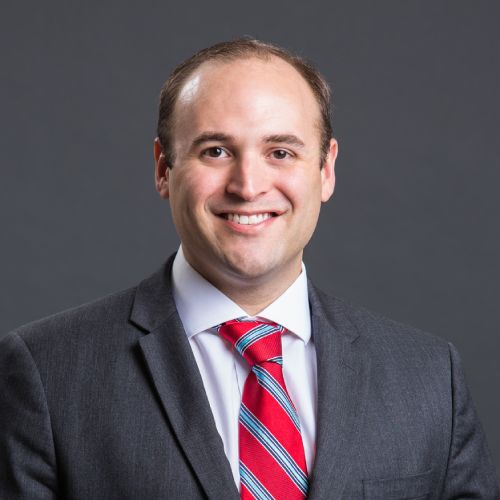Florida is one of 12 no-fault auto insurance states in the nation. The party paying damages and the manner in which it pays them differ from states using an at-fault system. If you were recently in a car crash and are wondering who pays for car damage in a no-fault state like Florida, we compiled this blog to help you better understand the answer to that question and all you need to know about car accident claims.
What Is the Difference Between a No-Fault and At-Fault System?
First, it is essential to understand the difference between no-fault and at-fault insurance systems. In a no-fault state, your auto insurance policy will pay for damages up to the policy limit, regardless of who caused the accident. You can only seek costs from the other driver’s insurance company under limited circumstances. Because of this, you must carry insurance to cover any medical expenses and property damage resulting from an accident. On the other hand, in an at-fault state, the driver responsible for causing the crash will generally pay your damages.
Florida No-Fault Law
In Florida, drivers must maintain personal injury protection (PIP) and property damage insurance coverage. PIP insurance pays for your medical bills, lost wages, and other related expenses due to any injuries sustained. In Florida, the minimum amount required is $10,000.
Who Pays for Car Damage in Florida As a No-Fault State?
While PIP coverage will pay for medical and related expenses, you may still ask yourself who pays for car damage in Florida since it is a no-fault state. Most often, your coverage will pay for the repairs or replacement, but sometimes, the at-fault driver may be liable. In addition to PIP coverage, Florida drivers must have collision and comprehensive insurance coverage to cover vehicle repair or replacement.
How to File a Claim After a Motor Vehicle Accident?
Generally, there are five simple steps to filing a claim after being involved in an auto accident:
- Review your insurance policy. While you may know you have insurance coverage, you may need to become more familiar with the details and terms of your policy. You will want to review your policy documents to understand your precise coverage and any specific steps your carrier requires.
- Gather relevant information. Next, you want to gather all pertinent information and evidence to support your claim, including photos from the accident scene, medical bills and records, a police report, and any potential eyewitness contacts. Compiling all of this in an organized manner will make your claims process easier.
- Contact your insurance carrier. You should immediately notify your insurance company of the accident, even if you believe your injuries are minor or non-existent. If you fail to advise your insurance company promptly, they may deny or delay your claim.
- Relay what happened to the insurance company. At some point, your insurance carrier will ask you to provide a recorded statement regarding the accident. You will want to cooperate and remain truthful when relaying your version of events.
- Submit proof. Lastly, you should submit the information and documentation you gathered to support your claim to your insurance company. This may include the accident report, bills, records, estimates for repair, and more.
Remember, this is a general guide, and you may have to take additional steps to file your claim in certain situations. We strongly encourage all accident victims to speak with an attorney about the claims process and what to look out for. At James Horne Law, we can help.
Can You Still Sue in a No-Fault State?
Even though Florida is a no-fault state, there are instances when you can go outside the no-fault system and file a civil lawsuit for damages against the at-fault party.
Serious Injury Threshold
If your injuries meet or exceed a specific threshold, you may be able to pursue a personal injury case against the at-fault driver. In Florida, the threshold includes:
- Significant and permanent disfigurement or scarring,
- Permanent injury based on a reasonable degree of medical probability,
- Permanent and significant loss of an important bodily function, or
- Death.
If your injuries rise to this level, you may be able to file a personal injury lawsuit.
Third-Party Responsibility
Sometimes, a party other than the at-fault driver shares liability for the accident. If a third party contributed to the cause of the accident, you may be able to file a lawsuit against them. For instance, if a mechanical or manufacturing defect such as faulty brakes caused the crash, you may be able to seek damages against the brake manufacturer or mechanic.
Florida Car Accident Attorney
At James Horne Law, we have been recognized by Martindale-Hubbell and awarded the status of an AV-Preeminent rated attorney. If you have been injured in a car accident, you may have rights and options for compensation.
Contact us for a compassionate, no-cost case evaluation, and let us put our knowledge and experience to work for you.
Resources:


